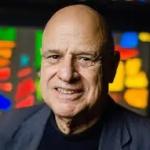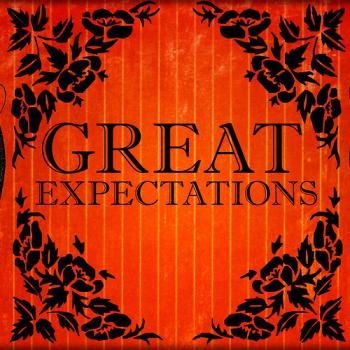Liberalism, the great champion of tolerant inclusion, must thus exclude religion or else require it to present itself for possible correction, which, as Oaks recognizes, would annul the very nature of revelation. This irony makes a tidy debating point, and it is ultimately where Oaks and his fellows end up: liberalism is not liberal enough, tolerance is not tolerant enough. But as Mill shows, the inclusiveness of liberal-enlightenment tolerance is not only consistent with but indeed predicated upon an initial exclusion of unanswerable, absolute claims. Liberalism is never more liberal than when it excludes religious claims, and that has been the case from its inception.
If enlightenment liberalism is less liberal than it should be, or so goes the claim, Oaks is perhaps more liberal than he should be. For in the end it is at the great roundtable of democratic liberalism that Oaks wants to save religion's seat as just one of the many "good-faith" contributors. He makes no quarrel with the rules and procedures of liberalism itself; indeed he invokes its central tenets of inclusiveness and public discussion. Even when he argues that religion should enjoy special protection, his rationale is not the absolute claim that religious beliefs are true but rather the deeply utilitarian and instrumental claim that religion advances the aims of liberal democracy. This is a very old idea, and Mill addresses it directly:
The claims of [religious] opinion to be protected from public attack are rested not so much on its truth, as on its importance to society. There are, it is alleged, certain beliefs, so useful, not to say indispensable to well-being, that it is as much the duty of governments to uphold those beliefs, as to protect any other of the interests of society. . . . This mode of thinking makes the justification of restraints on discussion not a question of the truth of doctrines, but of their usefulness.
But as Mill recognizes, the question of what constitutes "well-being" is itself, under enlightened rationalism, a contested issue open to the vigorous debate of asking and answering, conceding and correcting. "The usefulness of an opinion is itself matter of opinion: as disputable, as open to discussion, and requiring discussion as much, as the opinion itself."
Under these rules, religion will never participate fully in liberalism's ongoing discussion precisely because religion is not disputable on its own terms. Stanley Fish recognizes this, in his fine piece on the topic, when he writes:
To put the matter baldly, a person of religious conviction should not want to enter the marketplace of ideas but to shut it down, at least insofar as it presumes to determine matters that he believes have been determined by God and faith. The religious person should not seek an accommodation with liberalism; he should seek to rout it from the field, to extirpate it, root and branch.
But this is the counsel of despair, as Fish undoubtedly knows. Despite its critics' outsized fears of theocracy, American religious institutions—and Mormonism in particular—have neither the resources nor the inclination to seriously challenge democratic liberalism. Yet the best that enlightenment liberalism can offer religion is a polite ceremonial deference and a second-class place at the discussion table.
Perhaps that is enough, in the end, for Oaks and his fellows. After all, religious institutions have co-existed with liberal democracy for hundreds of years despite the deep contradictions in that marriage. Societies in their creaky, many-limbed complexity have a way of lurching forward in spite of contradictions at their foundations.
And Oaks' concerns are pastoral as much as they are philosophical: perhaps he is willing to accept a merely ceremonial place at the table in return for a politer cultural landscape in which his flock can practice its religion without jeers or intimidation. To reach this kind of settlement, though, we must have clear eyes about both the foundations of enlightenment liberalism and the nature of religious claims.





